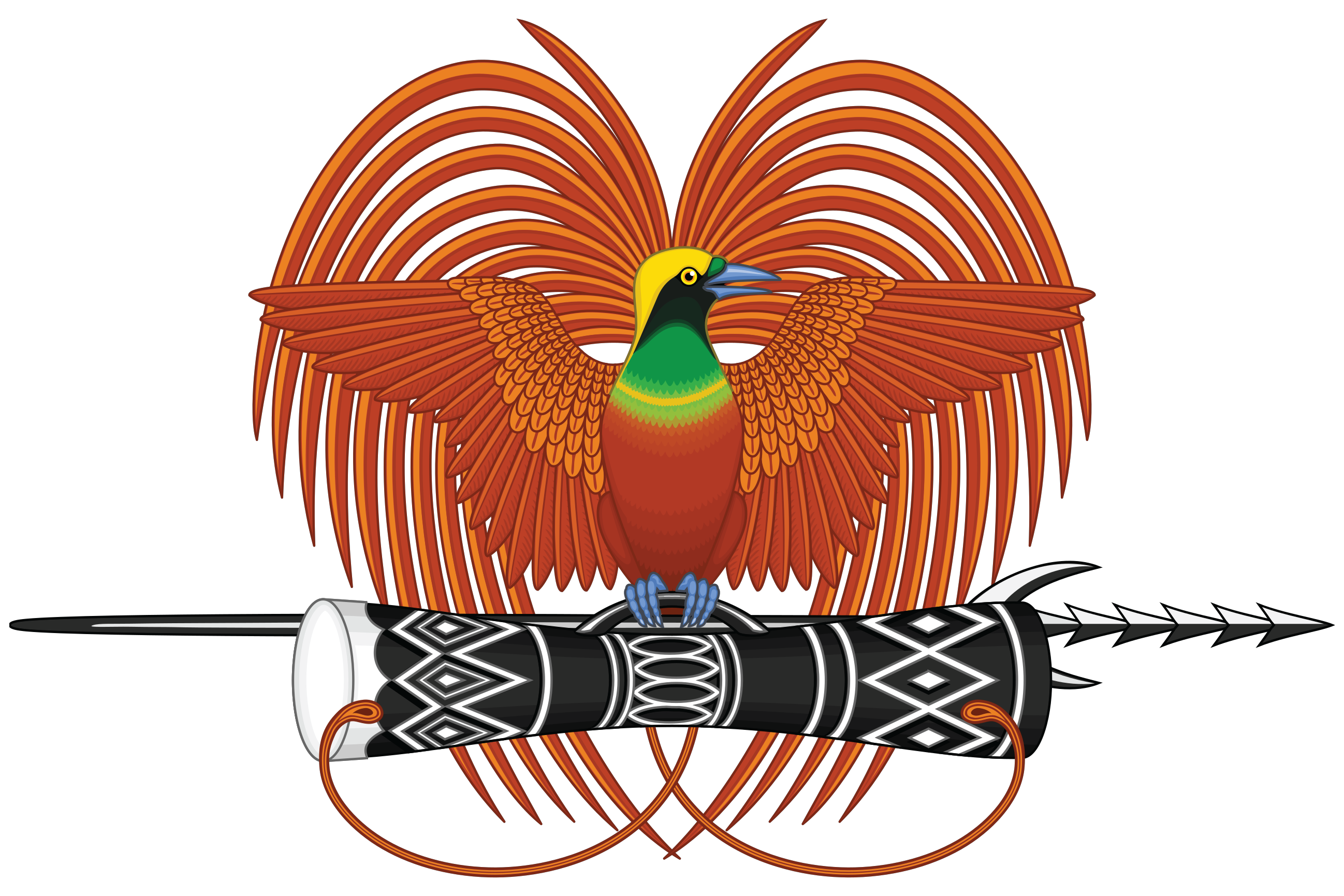FAO, partners trigger process to develop a national policy for Women in Agriculture in Papua New Guinea
FAO-led STREIT Programme is partnering with PNG stakeholders to promote gender-sensitive and gender-responsive approaches for policy, planning and programming in the agriculture sector.

Stakeholders and partners participating in the inception workshop for the development of Women in Agriculture Policy in Papua New Guinea.
©FAO-STREIT
Wewak, Papua New Guinea – The FAO-led EU-STREIT PNG Programme recently teamed up with the National Department of Agriculture and Livestock (NDAL) to host a 3-day inception workshop on developing a National Policy on Women in Agriculture (WiA) in Papua New Guinea.
The workshop, attended by around 31 representatives from West and East Sepik provinces, included members of the Gender Mainstreaming Technical Working Group, financial institutions, MSME representatives, the Provincial Councils of Women, and civil society organizations.
The participants discussed and brainstormed on what needs to be done to support and empower women in agriculture and formulate a national policy and implementation plan for WiA.
Rabi Rasaily, the acting EU-STREIT PNG Programme Coordinator, kick-started the workshop and underscored importance of a national policy and reiterated FAO’s commitment to support the government of PNG in this crucial exercise.
Opening the technical session, James Kuande, the Acting Director for Policy Planning Branch of NDAL acknowledged the significance of the workshop and thanked FAO and the EU-STREIT PNG Programme for their continued support to the Department. “NDAL, the lead agency for the Agriculture Sector, must take responsibility and demonstrate a shared commitment to advancing the cause of Women in Agriculture in Papua New Guinea and take ownership of the National Policy.”
Women play a crucial role within families, societies and in the agricultural sector. Despite their significant contributions to food production, in agrifood value chains and as entrepreneurs, women face numerous challenges in agriculture. These challenges include limited access to productive resources, lack of decision-making power in household income utilisation, insecurity, limited access to markets and inadequate knowledge of technological innovations to name but a few.
Furthermore, the underrepresentation of women in leadership roles and the absence of sex-disaggregated data in the sector contribute to undervaluing and overlooking women's contributions to agriculture.
To overcome these issues, the agriculture sector needs a WiA National Policy that promotes a gender-sensitive and gender-responsive approach to planning and programming. Such a policy would ensure equal opportunities for both genders to gain access and control over productive resources and leading to better overall outcomes in agriculture development.
As an initial step to develop a WiA policy, the workshop set out the agenda and pathways, including strengthened partnership and collaboration among FAO, UN partner-agencies, and National and Provincial stakeholders. Workshop participants agreed on the need for a WiA policy and that a permanent taskforce be set up for further consultations with other stakeholders in the Southern, New Guinea Islands and Highlands regions as well as other development partners of DAL. The committee will finalise a concept note on the road map leading to the drafting of the policy. A national symposium will be conducted to inform on the situation of PNG Women in Agriculture and the need for a WiA policy. The first policy draft is expected by the end of 2023.
The EU-STREIT PNG Programme, being implemented as a UN Joint Programme (FAO as the leading agency, and ILO, ITU, UNCDF and UNDP as partners), is the largest grant-funded Programme of the European Union in the country and the Pacific region. The Programme aims to help improve the lives of the people from East Sepik and West Sepik provinces, by focusing on increasing sustainable and inclusive economic development of rural areas through improved economic returns and opportunities from cocoa, vanilla and fishery value chains. In this framework, the Programme works on 1) gender sensitisation of the Programme's target value-chain actors, 2) mainstreaming gender and youth perspectives into the Programme's target value chains, and 3) empowering women and youth at individual and group level to own and profitably operate agri-enterprises.
Contact
Amir Khaleghiyan International Reporting and Communication Officer +675 8175 3146 [email protected]



